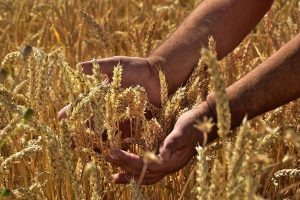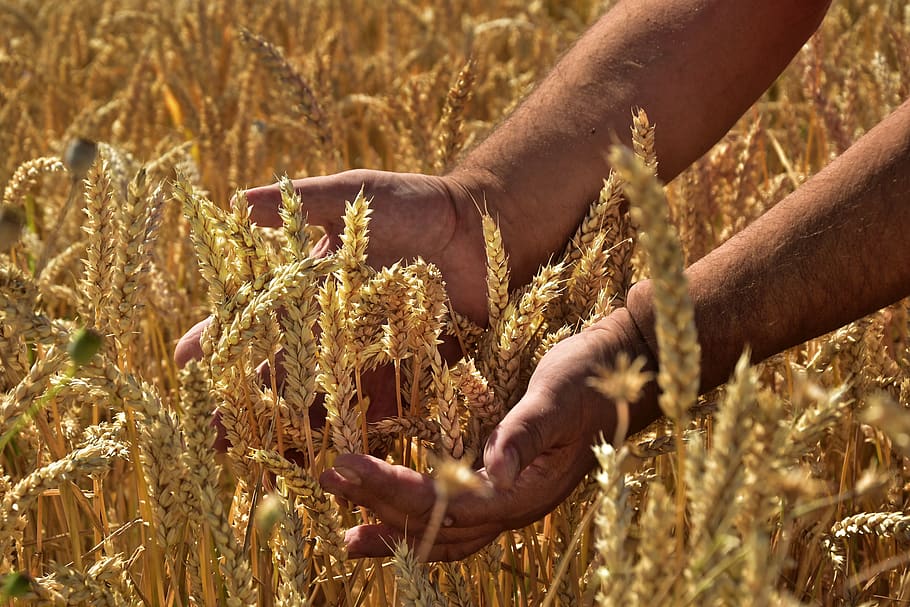 In agriculture, spring is the time when crops are grown and begin to be harvested. During the times of the Holy Temple in Jerusalem, this season was marked by the commandment to bring the Omer offering. The Omer offering was made up of a measure of barley flour and coincided with the early grain harvest, which took place immediately following the first day of Passover. “And you should bring the Omer, the first of your reaping, to G-d. (Lev. 23:10)”
In agriculture, spring is the time when crops are grown and begin to be harvested. During the times of the Holy Temple in Jerusalem, this season was marked by the commandment to bring the Omer offering. The Omer offering was made up of a measure of barley flour and coincided with the early grain harvest, which took place immediately following the first day of Passover. “And you should bring the Omer, the first of your reaping, to G-d. (Lev. 23:10)”
At the beginning of the harvest, farmers would enjoy the results of their hard work planting and growing their crops; they would begin to “reap the benefits.” As they saw the crops in their silos and their financial gains start to accumulate, they would be tempted to believe that their successful crop resulted solely from their efforts. It is for this reason that a measure of the harvest was offered to G-d on behalf of the nation, as a statement that the true source of their success was the Al-mighty. (Based on the Mahara”l of Prague, Rabbi Yitzchok Loewy zt”l)
The great Rabbi Yosef Dov Soloveitchik ztl (1820-1892), known for his classic work “Bais HaLevi,” once asked one of his former students, “What business are you in? What do you do?” “I produce sugar,” he answered. The rabbi repeated, “I’m asking what you do?” Again, the student replied, “I make sugar.” The rabbi asked the same question a third time, and once again, the student answered, “I’m in the sugar business. I make sugar.” The rabbi was exasperated and said out loud, “He thinks I don’t understand what he’s saying, that I don’t hear. Sadly, it is he who doesn’t understand. All his efforts to produce sugar only succeed with G-d’s help. It’s really G-d who produces the sugar, while this man goes through the motions. The correct answer to the question is that you’re in the business of serving and fearing G-d. As the Talmud says, “All is in the hands of Heaven, except the fear of G-d.”




